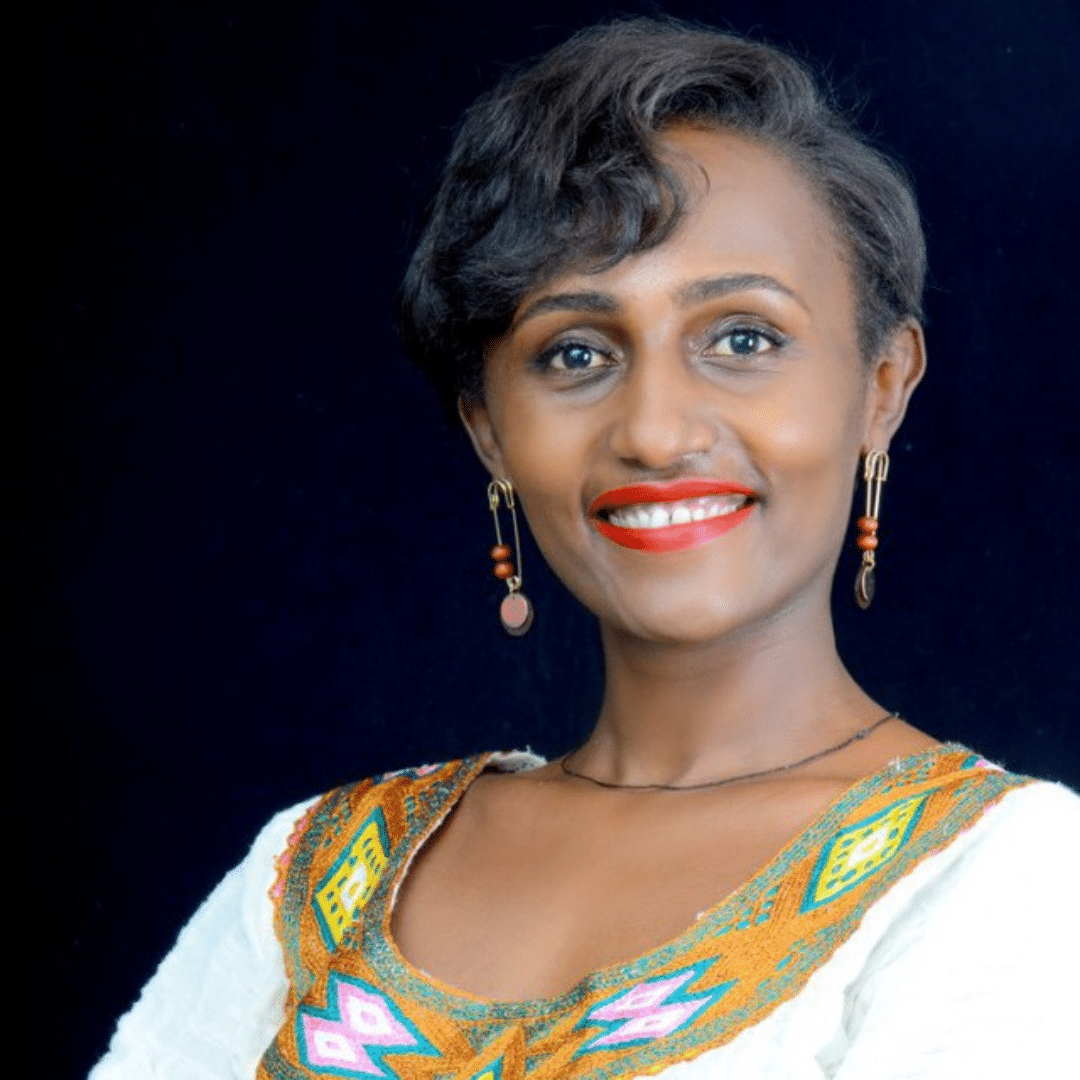In her youth, Ms. Meskerem Setegne suffered from epistaxis, a medical condition causing excessive nosebleeds and irregular menstrual bleeding. The treatment she received in Ethiopia’s government-run health centers inspired her to pursue a career in health.
She trained as a midwife and is now Project Director for the Rights-Based Approach to Enhancing SRHR Project with Engender Health, Ethiopia.
Initially Ms. Setegne worked as a direct service provider in a public health center delivering care for children, young people, and women in rural and urban settings. This experience helped her to understand the challenges and barriers women and girls face in accessing Sexual and Reproductive Health and Rights (SRHR) services.
During her second year of work, Ms. Setegne enrolled in safe abortion training. In Ethiopia, due to personal views and religious adherence, very few health workers wanted to attend such training, she recalls, but Ms. Setegne was motivated by women and girls she had met. One young girl in particular stands out in her mind.
“She was a young girl of 15, living 400 kilometers from Addis, with no available transport. The girl had been raped and she came seeking help and safe abortion in her local health facility. We couldn’t do anything. We had no equipment, no adequate training and didn’t have the ability to help her or offer any service. So we gave her information and advised her to travel to the city to seek that service,” she says.
Such stories were commonplace in Ethiopia, Ms. Setegne explains, before the government introduced legislation, which has since transformed health outcomes.
“Ten years ago in Ethiopia, 30-50% of in-hospital maternal deaths were from complications of abortion. Today abortion is available under certain circumstances for example, as a result of rape or incest or age of the mother, and if presenting immediate danger to the mother or child.”
Though the maternal mortality rate contribution from unsafe abortion has reduced significantly, to 4% today, and despite the fact that Ethiopia now has policies and frameworks in place, service-related barriers still remain.
“We need to do more in terms of equity and ensuring access to those services. The changes need to happen at ministry and at district level and managers need to be supported to apply the law. Stigma and maltreatment still exist, and this leads to increased infections and related challenges.”
Ms. Setegne’s work focuses on advocacy and capacity-building. Collaborating closely with district health offices, she has helped set priorities and allocate resources to ensure equitable access to SRHR services.
She has also become a champion for empowering young people, partnering with women and youth-led organizations to sensitize communities.
The Packard Foundation recently awarded her with the 2022 Quality Innovation Challenge.
Ms. Setegne’s advice to young girls looking to enter the health sector is simple, “At a young age it is important to actively participate in community work in different organizations so you can build their capacity. Be active, have a goal in your life and never stop dreaming.”

